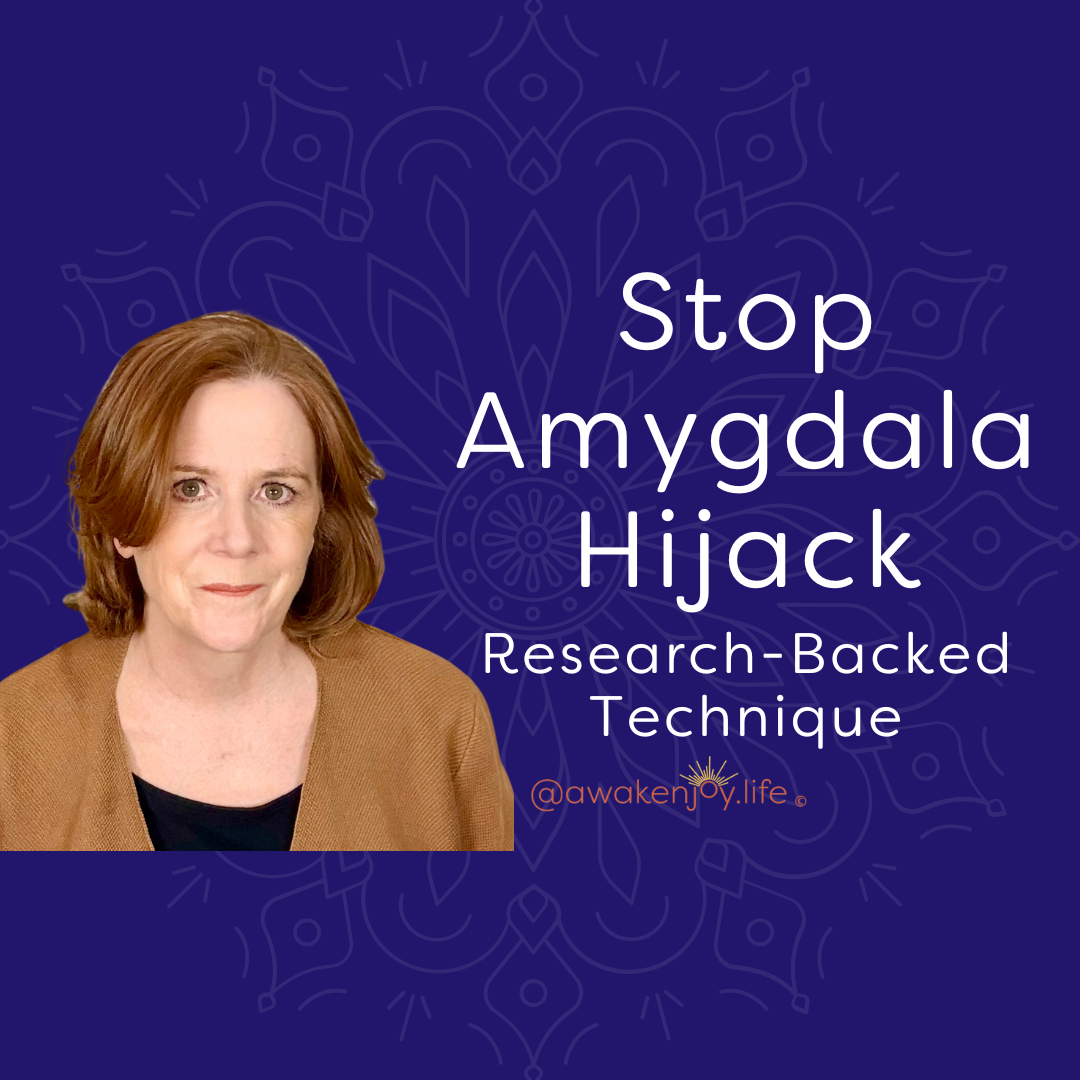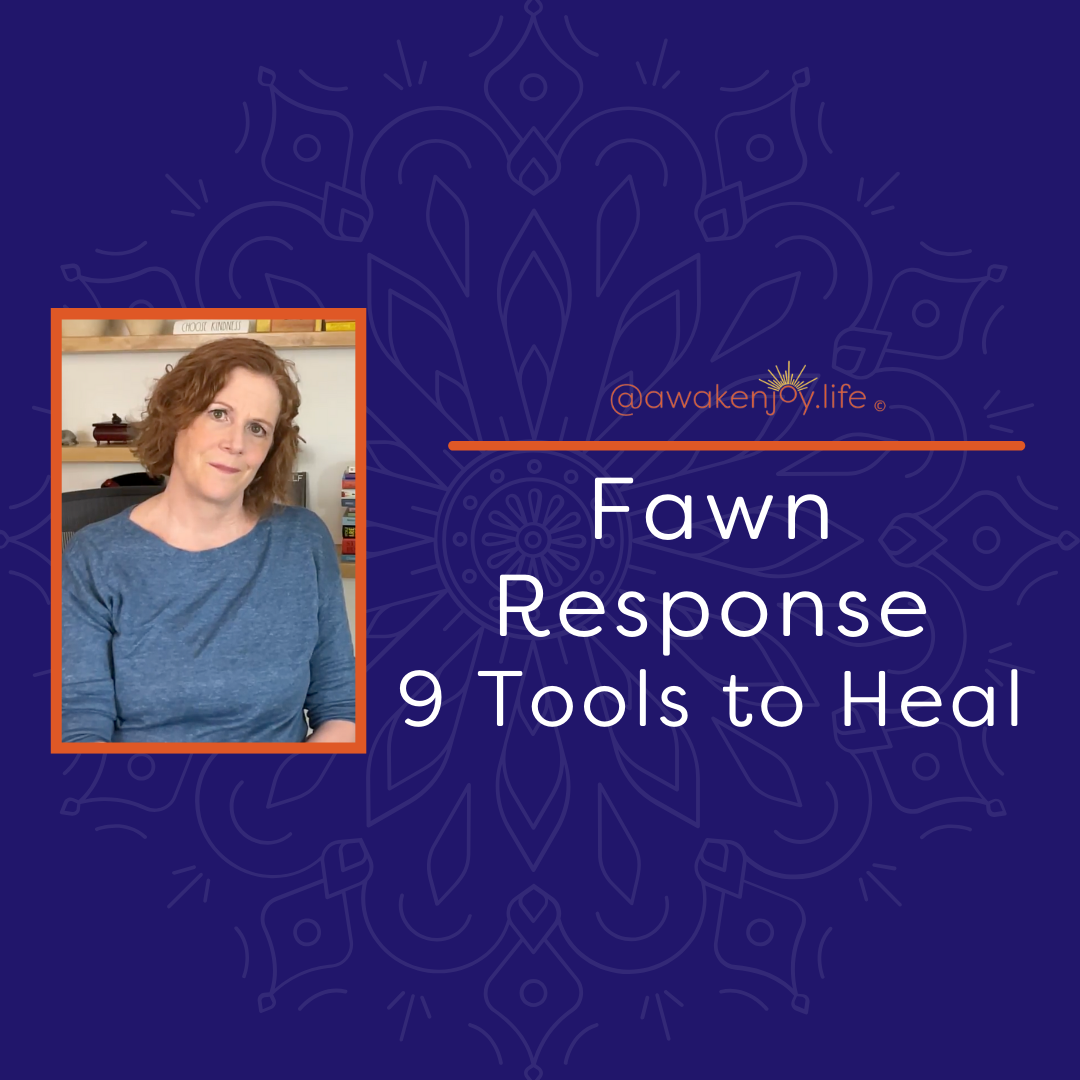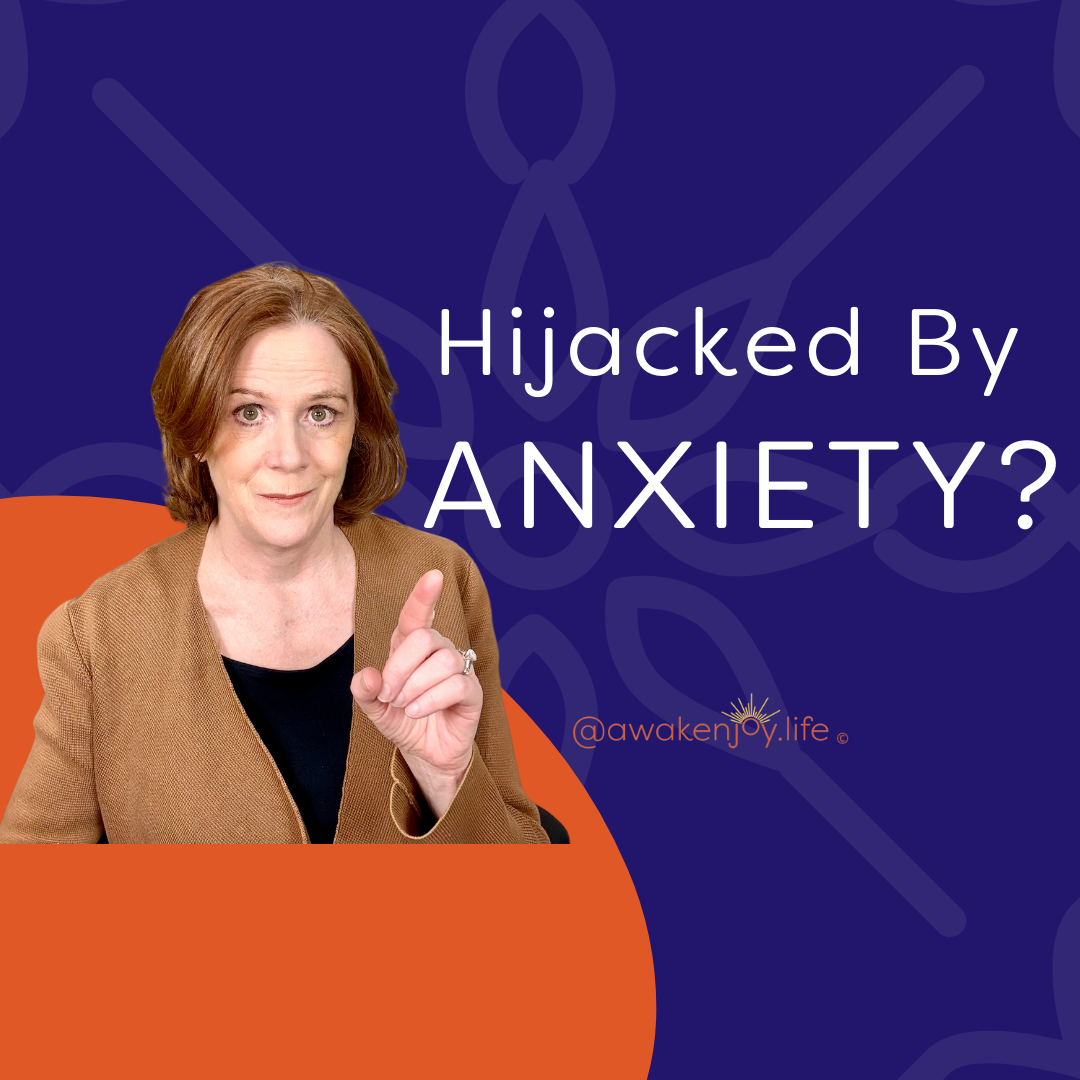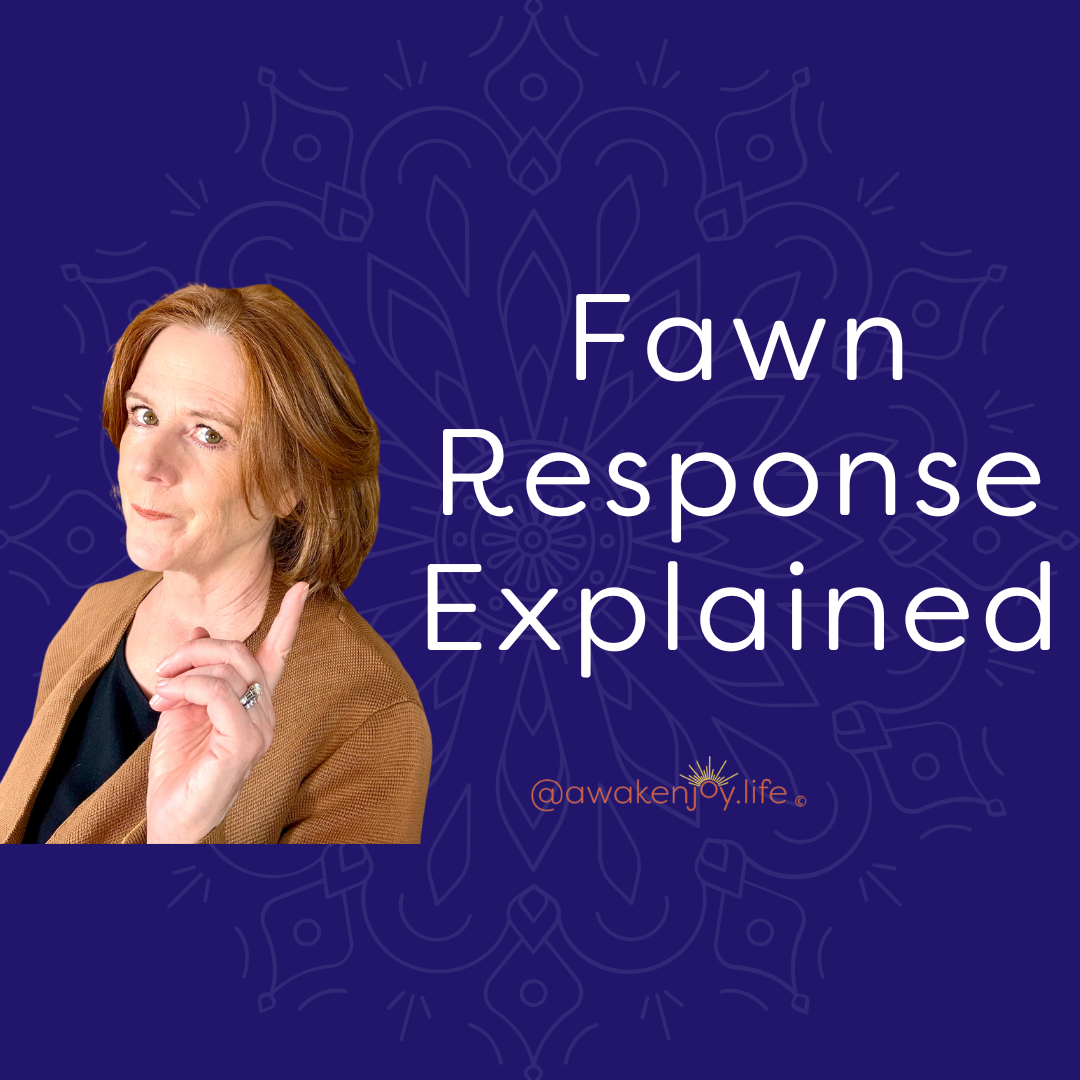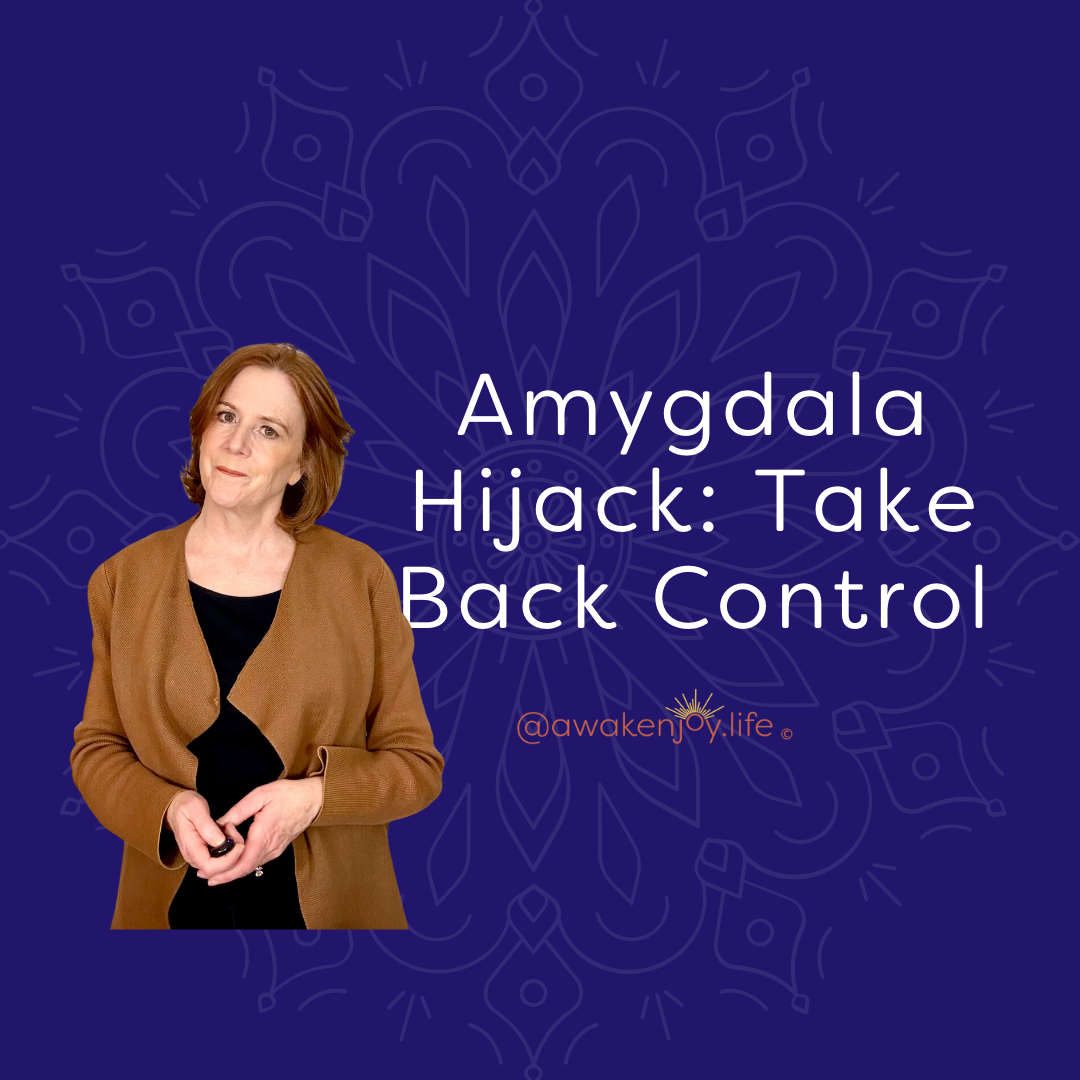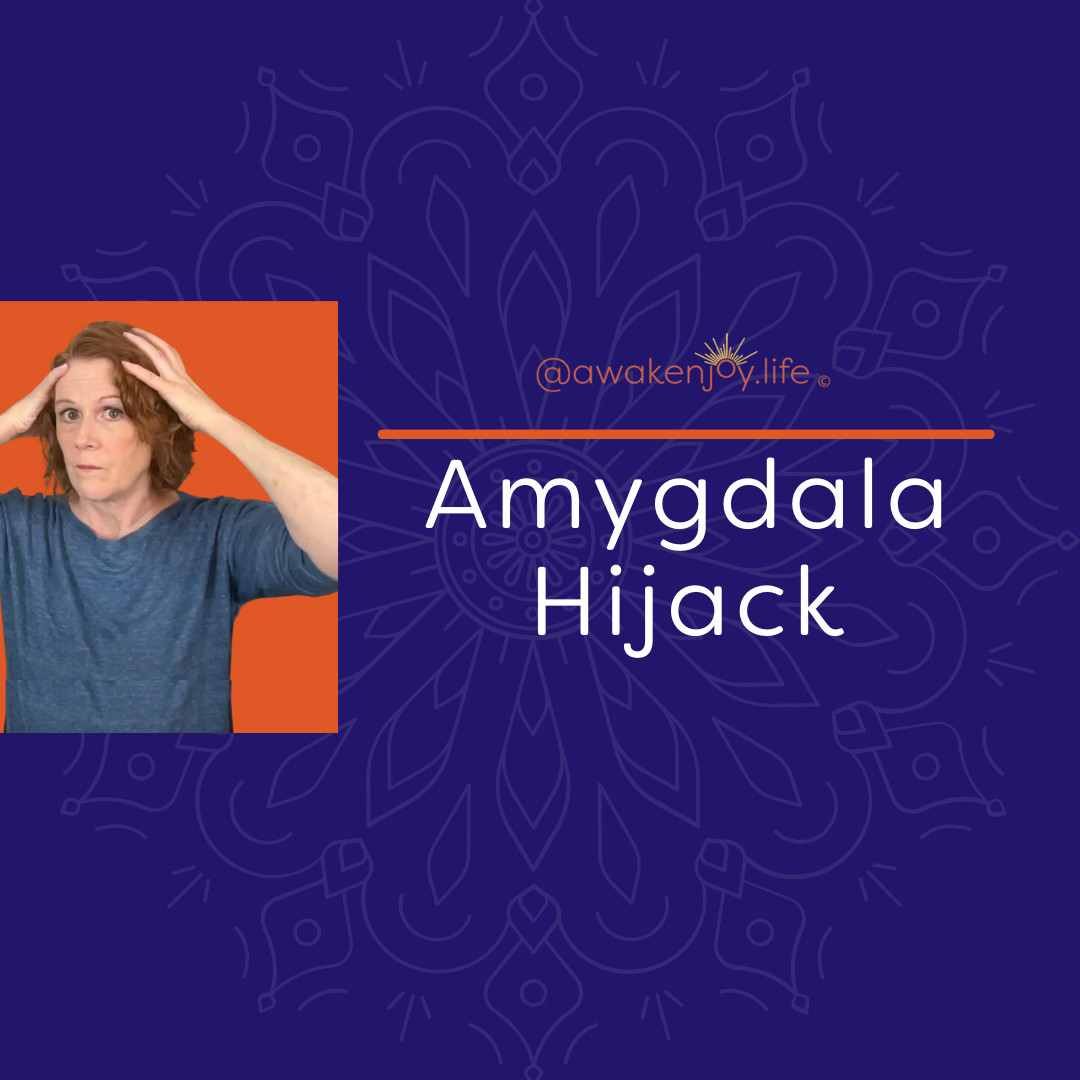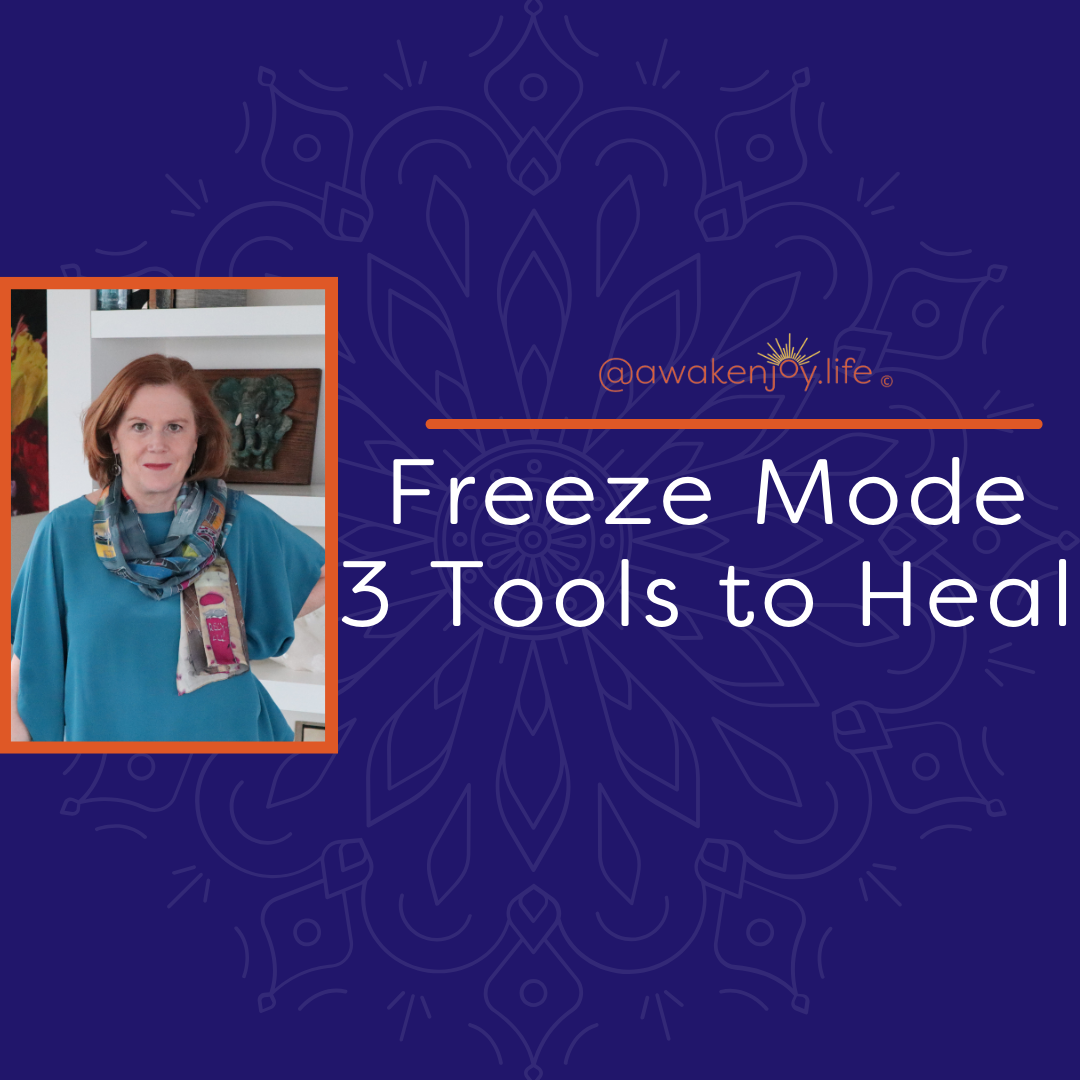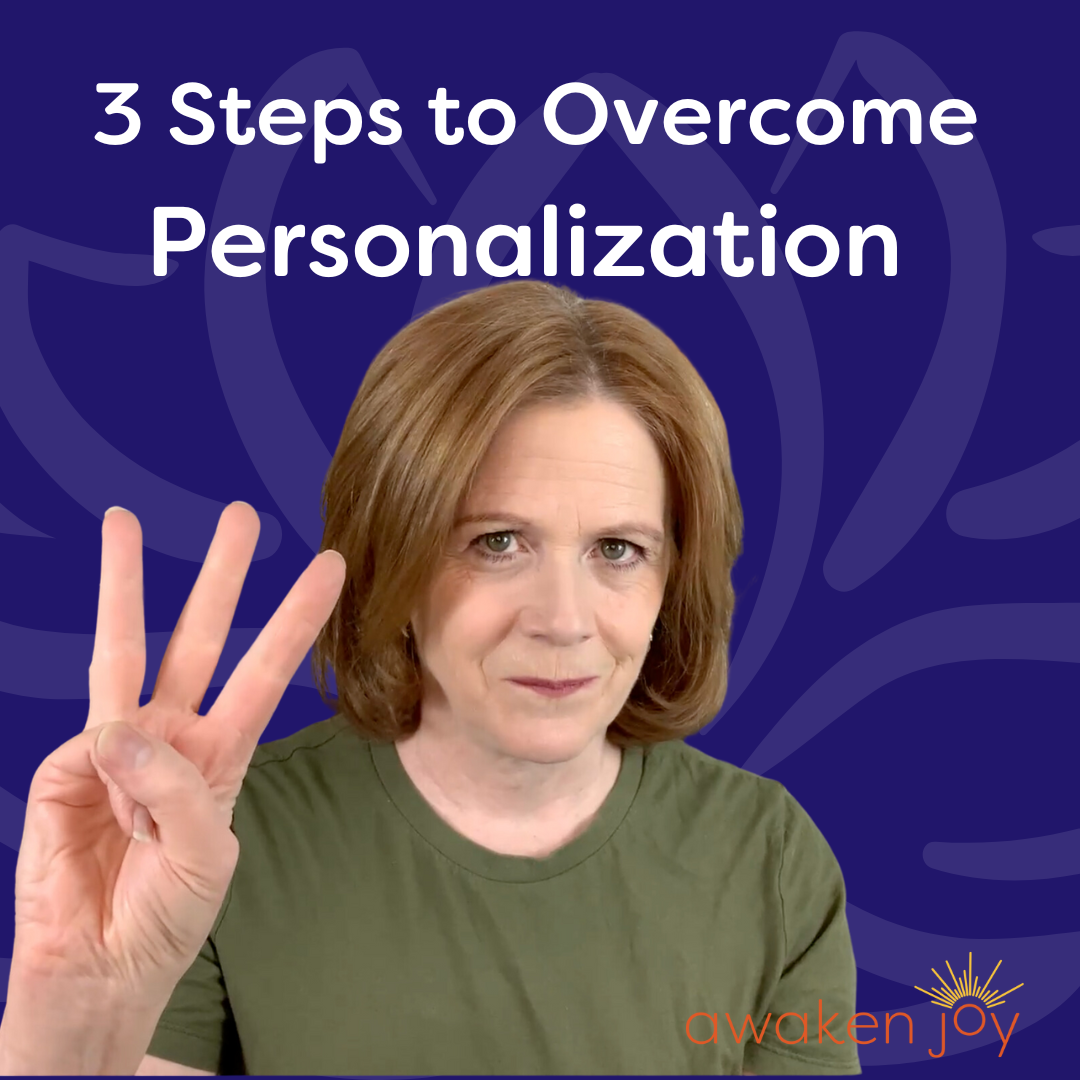What is High-Functioning Anxiety?

You Can Have Anxiety and Still be High-Functioning. Here's what you need to know.
High-functioning Anxiety has become a very popular term on social media but there's a fair amount of misinformation out there. This blog will explain what it is and what you can do about it so you can help yourself feel better.
One of the main things I want to communicate to you is that if you have a lot of anxiety, don't stop yourself from getting help just because you're high functioning.
So not to state the obvious here, but what is high functioning anxiety? It simply means you have a lot of anxiety and yet you're high functioning.
Now, high functioning anxiety is not in and of itself a diagnosis,
but you can definitely have a formal anxiety diagnosis and still be high functioning.
In fact, in my psychotherapy practice for 20 years, most of my anxious clients were very high functioning. So, I first want to clear up the issue about whether being high functioning precludes you from having a diagnosable disorder. Then I will discuss which types of anxiety sometimes present as high functioning, as well as the risks of high-functioning anxiety. Lastly, I will provide 6 key tips to recover from high-functioning anxiety.
Being high functioning DOES NOT preclude you from having a diagnosable anxiety disorder! This is the main confusion online. Many videos, even from reputable sources, are saying that a criteria to qualify for an anxiety disorder is that it has to have a significant impact on your functioning. This is not true.
The DSM-5-TR is the Diagnostic and Statistical Manual which provides the guidelines for diagnosis. For almost every mental health disorder, there's a criteria that says that the symptoms that are bothering the person must cause clinically significant distress OR impairment in social, occupational, or other important areas of functioning.
It’s an OR. Not an AND.
If the symptoms cause clinically significant distress, you can have the disorder. It doesn’t have to impact your functioning.
Now, what does clinically significant distress mean? There's no specific guidance in the DSM-V-TR as to what qualifies as clinically significant. But if a client of mine wasn't sleeping because of their anxiety, I’d consider that clinically significant. Maybe they had insomnia yet still functioned perfectly fine. However, it’s not healthy, it doesn't feel good, and it causes a lot of distress.
If someone was worrying so much, they couldn’t be present with their loved ones, I’d consider that clinically significant.. So, basically, if their worry and anxiety was causing them enough pain, that's clinically significant. So I want to encourage you, if you feel that you have anxiety, you can take it seriously and you can get help for it.
Which Anxiety Disorders Present as High Functioning?
In my clinical practice, I saw many people with OCD who were very, very high functioning. The OCD may remain hidden from others, or they might have found an occupation where their OCD was a benefit to the work (though not necessarily to their happiness). The OCD might cause problems with close relationships, but not to the point that they did not have close relationships.
I also saw very high functioning individuals who had panic attacks and phobias. And yes, panic attacks and phobias generally impact functioning within particular situations. But many people learn to manage around this anxiety, and they can be very high functioning in their careers and relationships. For example, a very successful executive I worked with had a phobia of enclosed spaces, such as elevators, and being in those situations could cause panic attacks. He became a great stair climber, and he was successful enough to usually be able to determine where people would meet him.
Social anxiety very often creates impairment in functioning, but not always. Some people with social anxiety can hide their disorder. They may be seen as “quiet” or “shy,” but they can still have close relationships. They “prefer” smaller gatherings and have skillful ways of avoiding certain events. They may also find careers that “fit” with their avoidance. So the pain is internal. Clinically significant for sure.
Probably the largest diagnosis that goes with being “high-functioning” is generalized anxiety disorder.
(And I discuss generalized anxiety disorder in more depth in a video that I will link here).
Risks of High-Functioning Anxiety
Burn-out
There is a risk of burnout, collapse, physical collapse, and emotional collapse if you are ignoring your body signals and pushing yourself too hard. There is a
risk that at some point the universe is going to intervene and say, “Nope! You can't do it all!”
However, I do want to reassure you on one thing, Some of my clients would worry that at some point their worry would “make them go crazy,” meaning that they would become psychotic. So this is not a risk. One disorder does not lead into another. So, if you have this worry, identify it simply as another anxiety thought (or theme). But you can get help because you are unhappy, you don’t need to be avoiding psychosis to go to therapy!
Minimizing Your Problems
I'd say that one of the biggest risks with high functioning anxiety is that the person who is anxious and high functioning can minimize their own problems. They can minimize their worry and concern because they are functioning so well. Their thinking is likely to be “My anxiety keeps me productive,” and “I'm doing fine, I'm doing fine.” So dismissing your own pain continues the problem, leading to the burn-out mentioned above.
Not Recognizing It As Anxiety At All
Quite a few of my clients would say “I don't have anxiety,” yet their thought patterns and behavior indicated a lot of anxiety. There is an element that if you've lived with anxiety your whole life, and society keeps labeling you successful, you don’t recognize it as anxiety. This goes beyond minimizing your anxiety (discussed above) because you don’t even see it as anxiety! Perhaps your parents were anxious, and basically for generations, everybody was anxious, so it may just seem normal to you. “Isn't everybody like this?”
Help for High Functioning Anxiety
So if you think you might have high functioning anxiety, what should you do about it?
Tip #1
Treat it as anxiety. It actually doesn't matter whether you qualify for a full anxiety diagnosis or not. Psychotherapy is still reimbursable if someone doesn't qualify for a full anxiety disorder. There are other diagnoses that can be put down that qualify somebody for insurance reimbursement (diagnoses that basically indicate the person is having a very tough time right now in life). You also don't need to know whether you qualify or not to get help.
Anxiety is treatable. You can get better.
Tip #2
Educate yourself on what anxiety is and how to deal with it. Read reputable sources on the topic, or watch the longer videos on anxiety. If the examples used seem extreme, you can still practice the things that can help. I have a playlist of videos on anxiety that I can link here,
YouTube Anxiety Playlist, or
check out this blog.
Tip #3
Validate your own feelings. Validate the fact that you are worrying too much and you're in pain. Speak gently to yourself about having anxiety. Being critical of how anxious you are ("I shouldn't be this way") does not help, it hurts.
Tip #4
Have hope. Have hope that this can change. It can!
Tip #5
Don’t be attached to your anxiety.
A lot of people with high functioning anxiety will say, “I need my anxiety to function. My anxiety is what makes me successful.” So they're very attached to the anxiety, even if it's causing them pain. Success is important to them, their family, their values. They feel they won’t have this success if they let go of their anxiety.
If this sounds like you, understand that you can have “productive worry.” You can retain your forward-thinking, your ability to anticipate problems, your facility with putting in place a plan to deal with those problems AND you can let go of the unproductive worry about those things you have no control over (and yes, you’ll have to accept that there are some things you have no control over, which can be hard as well…, but possible, and worth it).
You can let go of the unproductive worry that keeps you awake at night or makes you ruminate.
So there is a way to keep your motivation, keep your ability to anticipate problems, but not have it turn into full blown anxiety.
Tip #6
Self-Care Requires Deeper Work
And so, lastly, I want to highlight the issue of self-care. Many of the blogs and videos on this topic will tell you, “practice self-care, get enough sleep, rest,” etc. And yes, you know this would be good, I’m sure. Yet your anxiety doesn't let you, right? It's just not that easy.
It can be very hard for people who consider themselves very successful and high functioning to make the time for self-care. It can be very hard to say no to something, to not take on too much.
And yes, this is a question of having boundaries, but the answer to being able to have those boundaries is not simply to say “no,” or follow a set of guidelines.
The answer is really doing deeper work: looking into the negative core belief you have that drives you to need to perform so well that you might be damaging your health. It is probably something you learned very early in life about your role within your family.
Being able to set boundaries for yourself and with other people requires self insight, healing negative beliefs and emotional regulation. Regulating emotion is important so you don't get too anxious if you do actually say no to something or stop working on a project or ask for help. These are all things that can make people so anxious they don't do them.
The work of healing negative core beliefs and regulating emotion is the work that people do in my
program on boundaries. Having healthy boundaries and healthy self-care requires more than the “information,” the list of things you “should” and “shouldn’t” do. Most of us have heard all of this already and, despite trying, still don't do it.
So healthy boundaries and self-care is about fully understanding yourself, your values and
your
value. Your value as a human being, not a “human doing”. If you are interested, I’ll link my boundary program here
The Ultimate Boundary Program. (I just received another five star review that said "Awesome!")
Blog Author: Barbara Heffernan, LCSW, MBA. Barbara is a licensed psychotherapist and specialist in anxiety, trauma, and healthy boundaries. She had a private practice in Connecticut for twenty years before starting her popular YouTube channel designed to help people around the world live a more joyful life. Barbara has a BA from Yale University, an MBA from Columbia University and an MSW from SCSU. More info on Barbara can be found on her bio page.
Share this with someone who can benefit from this blog!
